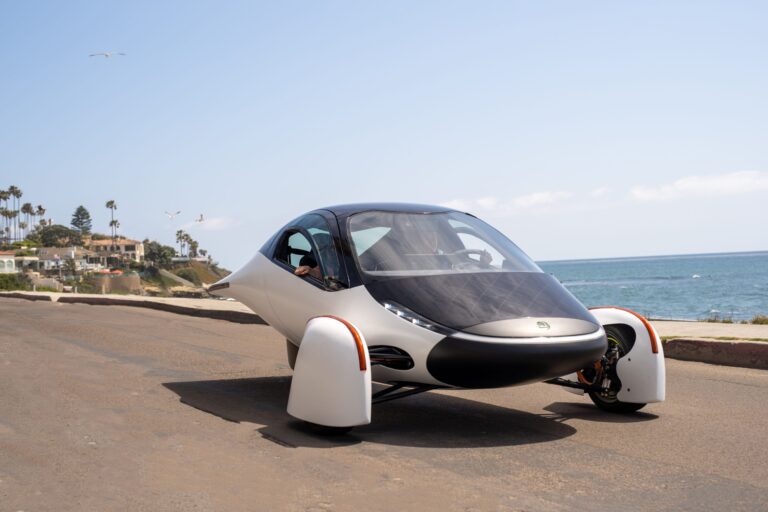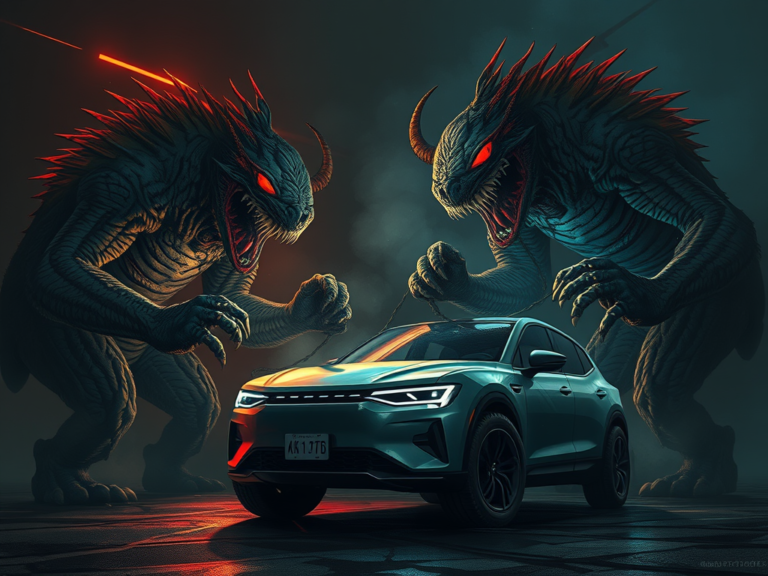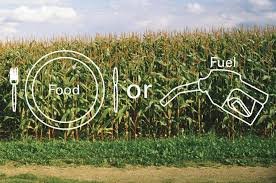5 Innovative EV Companies to Support in 2025
Explore 5 Innovative EV companies and independent manufacturers pushing real change in the auto industry in 2025.
Explore sustainability, climate change, and renewable energy solutions. Learn how conservation, green tech, and policy decisions impact our future.

Explore 5 Innovative EV companies and independent manufacturers pushing real change in the auto industry in 2025.

The EV market is dominated by a few major corporations, creating challenges for competition, innovation, and consumer choice. This article explores the risks of market concentration, monopoly practices, and resource control, offering solutions like supporting startups, enforcing ethical sourcing, and diversifying technology options.

Electric vehicles are shaping the future of transportation, but growing reliance on big tech raises risks. From proprietary charging networks to innovation barriers, this article explores the dangers of a centralized EV ecosystem and offers solutions for a resilient future.

Ethanol, a renewable biofuel made from organic material, offers environmental benefits like reduced greenhouse gas emissions and supports rural economies. However, challenges such as food vs. fuel debates, high resource demands, and infrastructure limitations highlight its complexities. Explore ethanol’s pros and cons and its evolving role in sustainable energy solutions.

Henry Ford revolutionized the automobile industry with the Model T, designed to run on ethanol, envisioning a fuel economy based on local agriculture. Despite its potential, ethanol was overshadowed by gasoline due to industry dominance and regulatory challenges. Ford’s vision of renewable energy remains significant today, highlighting the need for infrastructure and supportive policies.

The automotive industry is shifting towards electric vehicles (EVs), driven by environmental concerns and technological advancements. Despite growth, challenges such as declining sales, regional disparities, and high production costs persist. Innovations in battery technology and government incentives are essential for overcoming barriers while ensuring sustainable adoption and addressing consumer behavior in this dynamic market.

In the bustling tapestry of modern civilization, cities stand as the epicenters of human activity, culture, and innovation. Yet, as urban populations continue to swell, so do the challenges they pose, particularly in terms of energy consumption and environmental impact. Sustainable urban planning emerges as a beacon of hope, offering a blueprint for harmonizing urban…

It’s no secret that property rights are a core element of western civilization and capitalistic societies. These property rights define how goods and services can be used, traded, or saved. Both individual and larger entities can own property and they can choose to use (or not use) that property however they wish. This is of…

Empowering long-term sustainability is no easy feat. Many interrelated factors must be accounted for to ensure that the social, environmental, and economic elements of sustainability are incorporated into long-term solutions. As such, a holistic approach that uses various tools to bring about incremental and intelligent change is needed. Ecolabels contribute to such approaches as they…

The advent of modern information and communication technology (ICT) continues to offer a myriad of new opportunities for advancing and improving our lives. As populations migrate to urban spaces, it becomes only logical to utilize the data produced by ICT to catalyze such improvements. Smart cities are the embodiment of such efforts as they utilize…